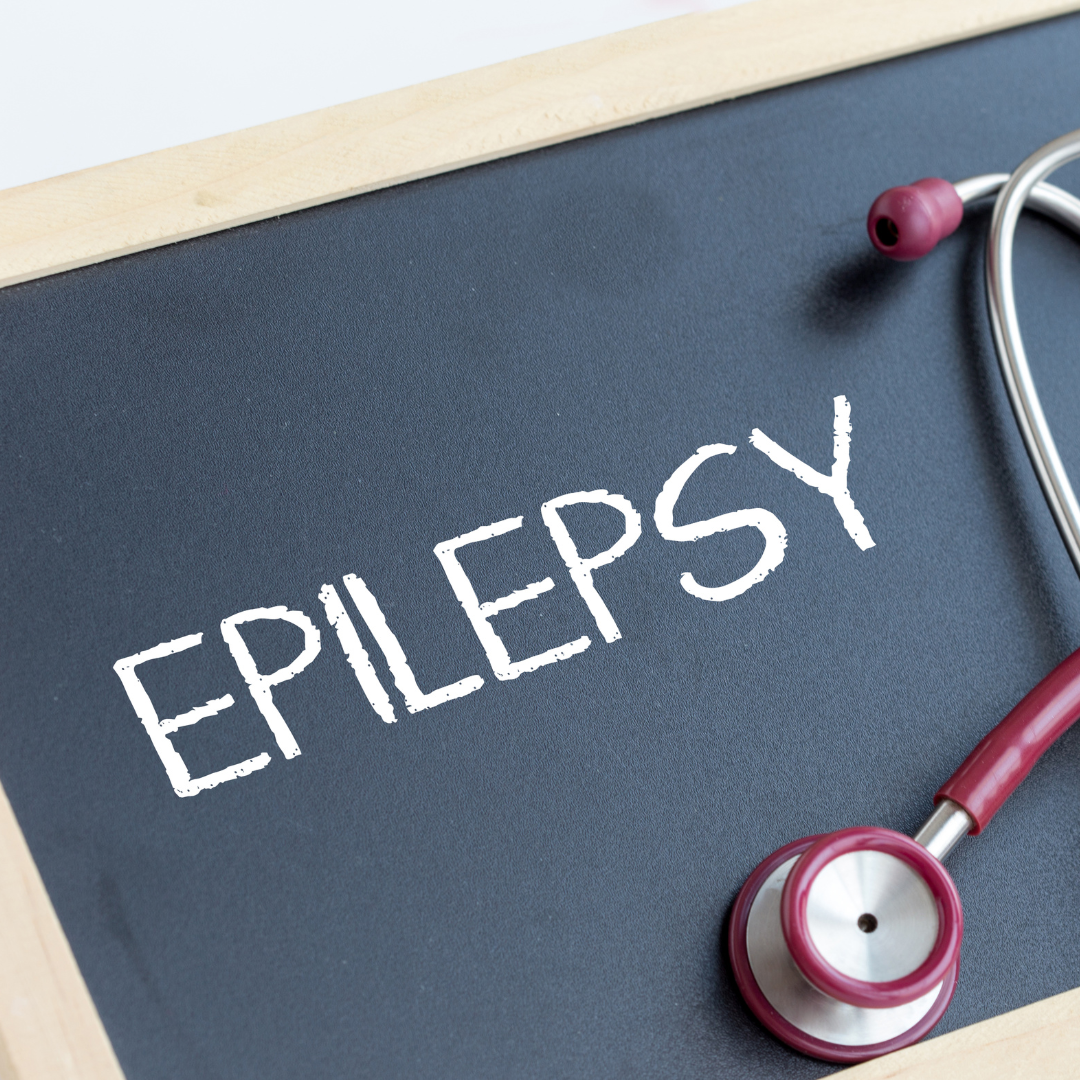Epilepsy in Ayurveda: Understanding, Symptoms, Investigations, Treatment, and Lifestyle Solutions
Introduction to Epilepsy in Ayurveda
Epilepsy, known as Apasmara in Ayurveda, is a neurological disorder characterized by recurring seizures. While modern medicine provides treatments to manage epilepsy, Ayurveda offers holistic solutions that address the root cause of the condition, focusing on the balance of the body, mind, and spirit. In this blog, we will explore how Ayurveda approaches epilepsy, its symptoms, diagnosis, treatment, and lifestyle recommendations for managing the condition.
What is Epilepsy (Apasmara) in Ayurveda?
In Ayurveda, epilepsy is classified under Manasika Vikara (mental disorders), where Vata, Pitta, and Kapha doshas play a critical role in causing disruptions in the brain's normal function. The imbalance of these doshas affects mental faculties, leading to disturbances in cognitive and motor activities, resulting in seizures.
Ayurvedic Perspective of Epilepsy:
Vata imbalance causes involuntary movements and sensory disturbances.
Pitta imbalance may lead to irritability, aggression, and inflammatory responses in the nervous system.
Kapha imbalance results in lethargy, confusion, and mental dullness.
Symptoms of Epilepsy (Apasmara)
Ayurveda identifies four types of epilepsy, each corresponding to the aggravation of different doshas:
1. Vataja Apasmara: Characterized by tremors, restlessness, sudden jerky movements, anxiety, and dry skin.
2. Pittaja Apasmara : Symptoms include irritability, anger, intense thirst, sweating, and a burning sensation.
3. Kaphaja Apasmara : Signs are lethargy, sluggishness, excessive salivation, and loss of consciousness.
4. Sannipataja Apasmara : A combination of all three doshas, resulting in severe and complex symptoms.
Common symptoms of epilepsy in general :
- Sudden episodes of unconsciousness.
- Jerky, involuntary movements of limbs.
- Staring spells or periods of confusion.
- Difficulty breathing or making sounds.
- Temporary cognitive or memory loss.
Ayurvedic Investigation and Diagnosis
In Ayurveda, diagnosis is primarily done through a detailed consultation, including Nadi Pariksha (pulse examination), an analysis of Prakriti (individual constitution), Dosha imbalances, and Agni (digestive fire). Understanding the patient’s history, lifestyle, and previous medical conditions helps in determining the root cause of the disorder.
Ayurvedic Diagnostic Methods Include:
1. Prakriti Analysis : Determining the individual's body type and predisposition.
2. Nadi Pariksha : Pulse diagnosis to understand doshic imbalances.
3. Manasa Pariksha : Evaluating the mental state and stress levels.
4. Astavidha Pariksha : The eight-fold examination, including pulse, tongue, skin, stool, and urine analysis.
Ayurvedic Treatment for Epilepsy
Ayurvedic treatment for epilepsy focuses on restoring dosha balance, calming the nervous system, and rejuvenating brain function. The treatment plan involves a combination of therapies, herbal medicines, and lifestyle modifications.
1. Herbal Remedies:
- Brahmi (Bacopa monnieri): A powerful brain tonic that improves cognitive functions and calms the nervous system.
- Shankhpushpi (Convolvulus pluricaulis): Known to reduce mental stress and seizures.
- Ashwagandha (Withania somnifera): Strengthens the nervous system and acts as an adaptogen.
- Jatamansi (Nardostachys jatamansi): Helps reduce anxiety, stress, and the occurrence of seizures.
- Vacha (Acorus calamus): Used to treat neurological disorders by improving brain function and reducing seizure frequency.
2. Panchakarma Therapies:
- Shirodhara: A continuous stream of warm herbal oil poured over the forehead to calm the mind and balance Vata dosha.
- Nasya: Administering medicated oils through the nostrils to nourish the brain and alleviate seizures.
- Abhyanga : A full-body massage using medicated oils to relieve stress and calm the nervous system.
- Virechana (Purgation Therapy) : Helps to balance Pitta dosha by cleansing toxins from the body.
- Basti (Enema Therapy) : Used to remove accumulated toxins and balance Vata dosha.
Diet for Epilepsy Management in Ayurveda
Diet plays a crucial role in managing epilepsy. In Ayurveda, foods that balance the aggravated doshas and nourish the nervous system are recommended.
Dietary Recommendations:
Vata-Pacifying Foods: Warm, moist, and nourishing foods like soups, cooked vegetables, and whole grains.
- Include ghee (clarified butter), which is known to nourish the brain and nervous system.
- Pitta-Pacifying Foods : Cooling and hydrating foods like cucumber, melons, and leafy greens.
- Avoid spicy, oily, and processed foods.
- Kapha-Pacifying Foods : Light and dry foods like lentils, barley, and leafy vegetables to reduce lethargy.
- Minimize sugar and dairy products.
Foods to Avoid :
- Excessively spicy, fried, or processed foods.
- Heavy dairy products like cheese and yogurt.
- Alcohol, caffeine, and refined sugar.
Lifestyle Modifications for Epilepsy in Ayurveda
Ayurveda emphasizes the importance of a balanced lifestyle in managing epilepsy. Following a daily routine that includes yoga, meditation, and proper sleep is key to reducing stress and preventing seizures.
1. Yoga and Pranayama :
- Nadi Shodhana (Alternate Nostril Breathing): Helps in calming the mind and balancing the doshas.
- Shavasana (Corpse Pose): Induces relaxation and reduces mental tension.
- Vrikshasana (Tree Pose) and Padmasana (Lotus Pose): Improve mental stability and focus.
2. Meditation Regular meditation helps calm the mind, reduces stress, and prevents epileptic triggers.
3.Daily Routine (Dinacharya):
- Wake up early and practice mindfulness.
- Avoid overstimulation from electronic devices.
- Maintain regular sleep patterns and avoid sleep deprivation.
4. Avoid Stress : Chronic stress can trigger seizures, so it's essential to practice stress-reducing techniques like mindfulness, deep breathing, and light physical activity.
Conclusion
Ayurveda offers a holistic and natural approach to managing epilepsy by addressing the root cause of the disorder, balancing doshas, and rejuvenating the nervous system. Through customized treatment plans, diet, and lifestyle modifications, individuals with epilepsy can find relief and improve their overall quality of life.
If you're looking to explore Ayurvedic treatment for epilepsy, consult with an experienced Ayurveda practitioner who can guide you on a personalized journey to wellness.
Call us on +91-8437162633 to start your holistic epilepsy treatment today!



